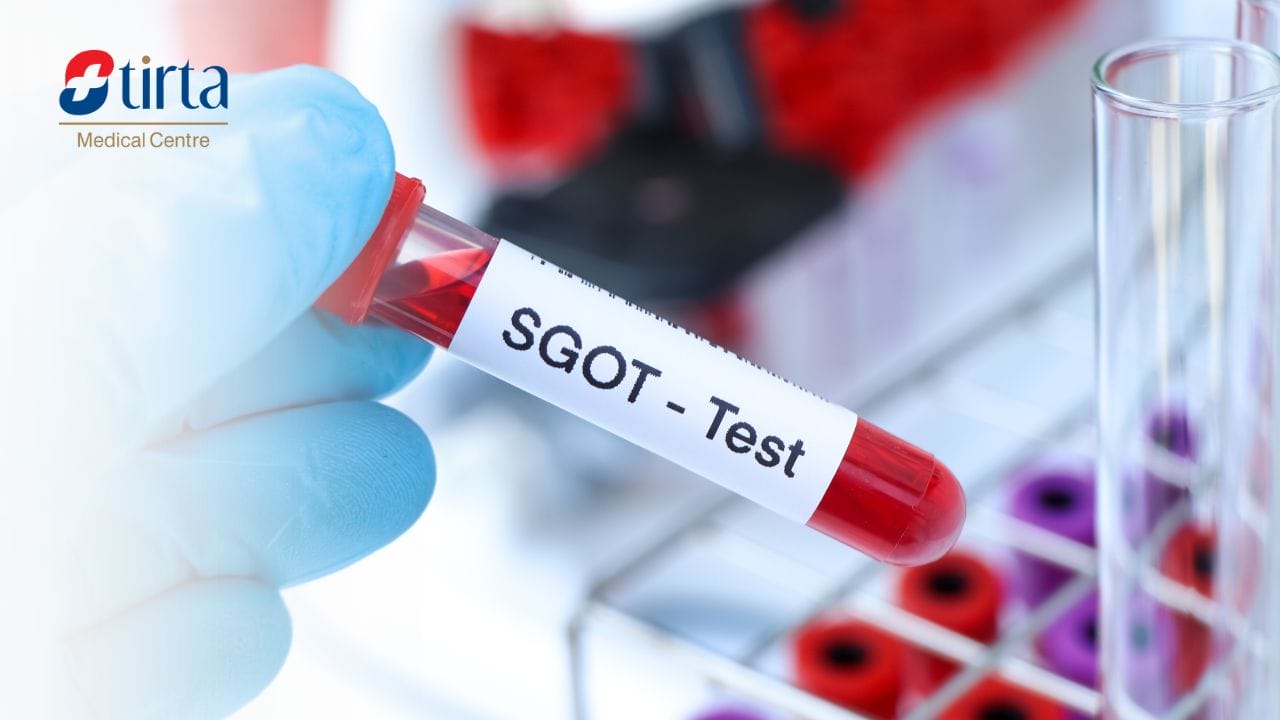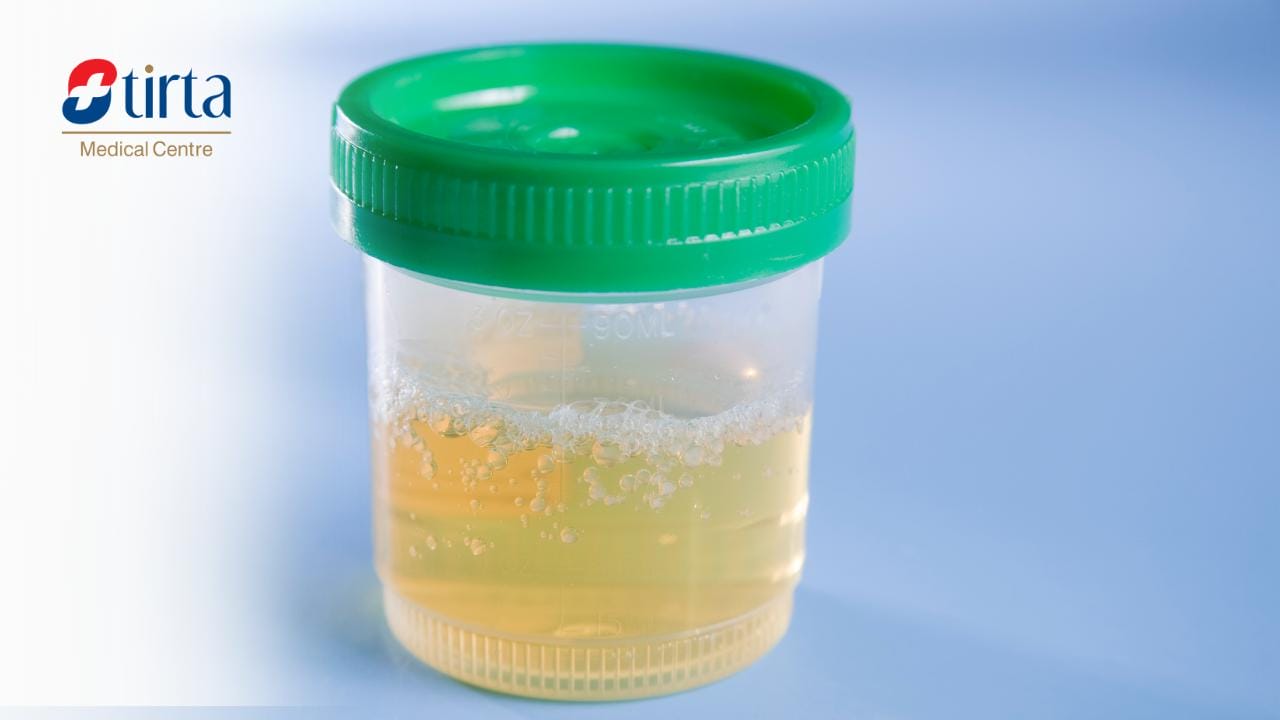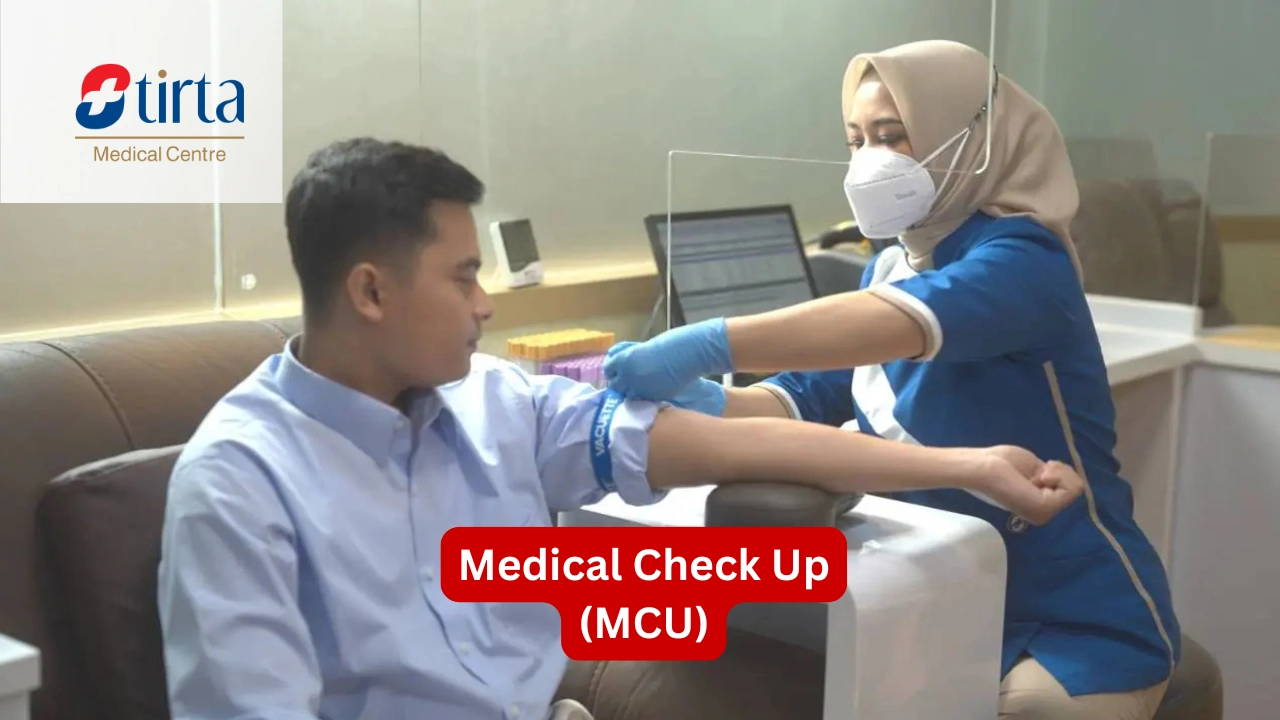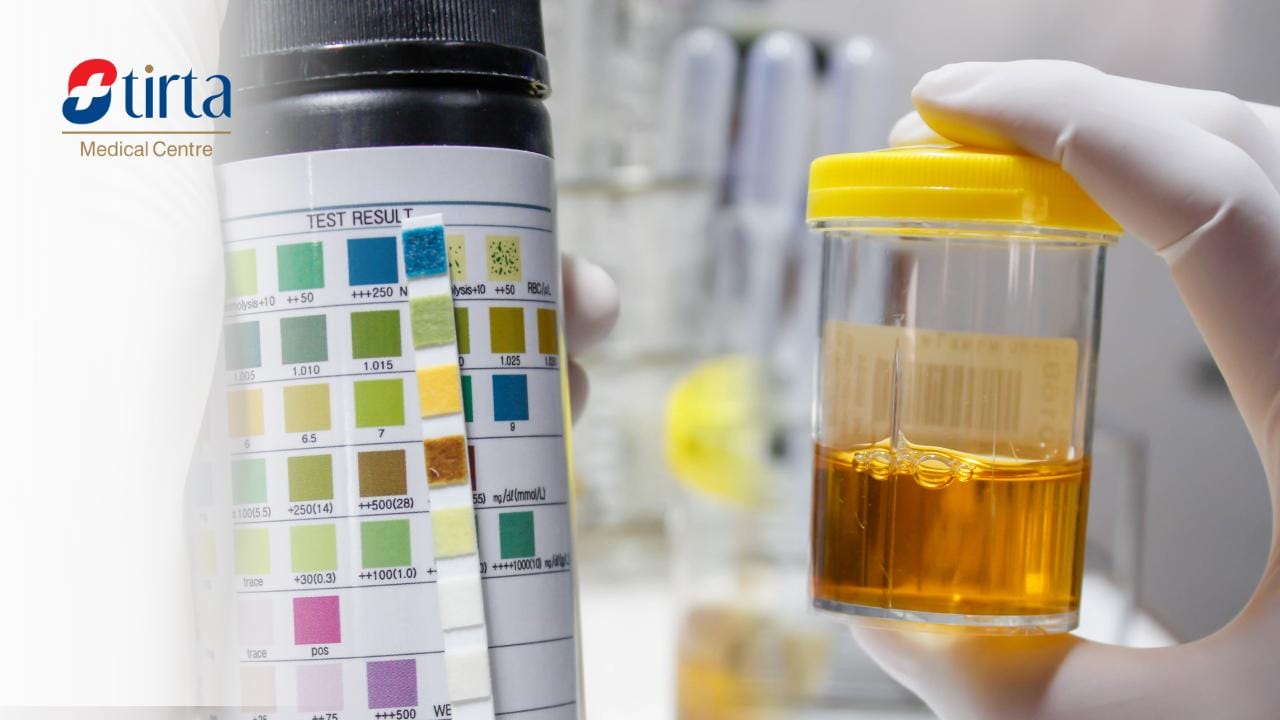SGOT (Serum Glutamic Oxaloacetic Transaminase), also known as AST (Aspartate Aminotransferase), is an enzyme found in the parenchymal cells of the liver and plays a crucial role in protein metabolism.
This enzyme is present in the liver as well as in the heart, brain, kidneys, and muscles.
Under normal conditions, SGOT is contained within the cells of these organs. However, when cell damage occurs, this enzyme leaks into the bloodstream, causing its levels to increase.
SGOT is involved in the process of transferring amino groups from aspartic acid to alpha-ketoglutarate, producing oxaloacetate and glutamate.
When Should an SGOT Test Be Conducted?
An SGOT test is recommended under the following conditions:
– Clinical Symptoms:
- Jaundice (yellowing of the eyes and skin)
- Pain or discomfort in the upper right abdomen
- Persistent nausea and vomiting
- Dark urine despite adequate fluid intake
- Weakness and loss of appetite
– Special Conditions:
- History of hepatitis
- Excessive alcohol consumption
- Use of potentially liver-damaging or hepatotoxic drugs
- Obesity or overweight
Blood Test for Liver Function (SGOT)
The SGOT test procedure involves the collection of venous blood samples through several steps:
– Patient Preparation:
- Fast for 10–12 hours before sample collection.
- Avoid over-the-counter medications, including acetaminophen, for at least 2 days before the test.
- Maintain adequate hydration.
- Wear clothing that allows easy access to the arms.
– Laboratory Procedure:
- Blood is drawn from a vein using a sterile needle.
- The blood sample is processed using a spectrophotometric method.
- Test results are generally available within one day to several days.
Normal SGOT Values
The general normal range for SGOT is 5 – 40 µ/L (micro per liter). A slight increase in SGOT (2-3 times the normal value) can still be considered normal, especially if caused by heavy physical activity or increased body metabolism.
Causes of High SGOT Levels
The increase in SGOT levels can be caused by various medical conditions:
– Liver Disorders:
- Viral hepatitis (types A, B, and C)
- Non-alcoholic fatty liver disease (NAFLD)
- Liver cirrhosis
- Alcoholic liver disease
- Biliary tract obstruction
– Metabolic Disorders:
- Metabolic syndrome
- Uncontrolled diabetes mellitus
- Celiac disease
- Thyroid disorders
– Cardiovascular Disorders:
- Myocardial infarction
- Myocarditis
– External Factors:
- Excessive alcohol consumption
- Use of certain medications (antibiotics, high-dose paracetamol)
– Other Conditions:
- Skeletal muscle damage
- Sepsis
- Intense physical exercise
- Extensive trauma or burns
It is important to conduct a thorough evaluation when increased SGOT is found, as elevated values can indicate various medical conditions requiring different management.
Impact of High SGOT Levels
An increase in SGOT levels in the blood has clinical significance that needs to be deeply understood. Under normal physiological conditions, the SGOT enzyme is concentrated on the cells of organs, particularly hepatocytes.
When damage occurs to organ tissues, cell membrane integrity is disrupted, causing this enzyme to leak into the bloodstream.
Although SGOT is often associated with liver function, its distribution is actually widespread across various body tissues.
An increase in SGOT levels in laboratory tests does not always indicate a specific hepatic disorder. Interpretation of results requires comprehensive analysis with other parameters.
Thorough clinical evaluation is necessary to determine the specific cause of increased SGOT, given that this enzyme can increase in various pathological conditions, not limited to liver function disorders alone.
How to Lower High SGOT Levels
There are several steps that can be taken to reduce high SGOT levels:
– Dietary Modifications:
- Regularly consume kombucha green tea.
- Include garlic in your daily menu.
- Increase your intake of vitamin D through eggs, oranges, tofu, soy products, dairy products, fish oil, green vegetables, and mushrooms.
- Increase your consumption of colorful fruits and vegetables rich in antioxidants.
– Food Restrictions:
- Avoid high-fat foods.
- Limit consumption of processed foods.
- Reduce excessive sugar and salt intake.
- Avoid sodas and fried foods.
– Lifestyle Changes:
- Engage in regular physical activity.
– Routine Checks:
- Undergo regular SGOT testing
- Consult a doctor if symptoms such as jaundice, fatigue, or abdominal pain occur.
- Monitor the effectiveness of treatment and lifestyle changes through regular testing.
It is important to remember that reducing SGOT levels requires consistency and patience. A combination of a healthy diet, active lifestyle, and regular monitoring is the key to success in normalizing SGOT levels.
SGOT, SGPT, & GGT Test Prices
Tirta Medical Centre (TMC) offers an affordable liver function test package (SGOT, SGPT, and GGT):
- SGOT Test: IDR 50,000
- SGPT Test: IDR 50,000
- Liver Function Package (SGOT, SGPT, GGT): IDR 110,000
Note: Prices are subject to change. Tirta friends can contact us for updates on liver function check costs or online reservations here:
Best SGOT Testing Facilities at Tirta Medical Centre
Tirta Medical Centre (TMC) is a trusted Medical Check-Up Clinic with an international standard laboratory.
Tirta Medical Centre (TMC) operates in over 30 locations in Indonesia, providing medical check-up and lab tests, including comprehensive liver function exams, using modern equipment and professional staff.
Tests are conducted by experienced laboratory personnel with accurate and quick results. TMC also offers specialist doctor consultations for interpretation of test results.
References:
- Journal of Sari Mutiara University. Accessed in 2024. Quality Control Analysis on SGOT and SGPT Testing at RSUD Depok Laboratory: https://e-journal.sari-mutiara.ac.id/index.php/ALM/article/view/4770/3374
- Diponegoro University Medical Journal. Accessed in 2024. Differences in SGOT and SGPT Levels Between Subjects with and Without Diabetes Mellitus: https://media.neliti.com/media/publications/109129-ID-perbedaan-kadar-sgot-dan-sgpt-antara-sub.pdf
- Open Journal System, Mohammad Husni Thamrin University. Accessed in 2024. SGOT and SGPT Enzyme Activities in Patients with Dengue Haemorrhagic Fever at Haji Jakarta Hospital in 2021: https://journal.thamrin.ac.id/index.php/anakes/article/view/1198/1007
- CK Birla Hospital. Accessed in 2024. SGOT Levels: Causes, Symptoms, and Next Steps: https://www.ckbhospital.com/blogs/sgot-levels-causes-symptoms/
- Healthline. Accessed in 2024. What To Do About Fluctuating Liver Enzyme Levels: https://www.healthline.com/health/can-liver-enzymes-fluctuate
- Ganesh Diagnostic. Accessed in 2024. 5 Tips to Lower Your SGOT and SGPT Levels: https://www.ganeshdiagnostic.com/blog/5-tips-to-lower-your-sgot-and-sgpt-levels
- Healthline. Accessed in 2024. 10 Foods to Include in a Healthy Liver Diet: https://www.healthline.com/health/fatty-liver-diet








